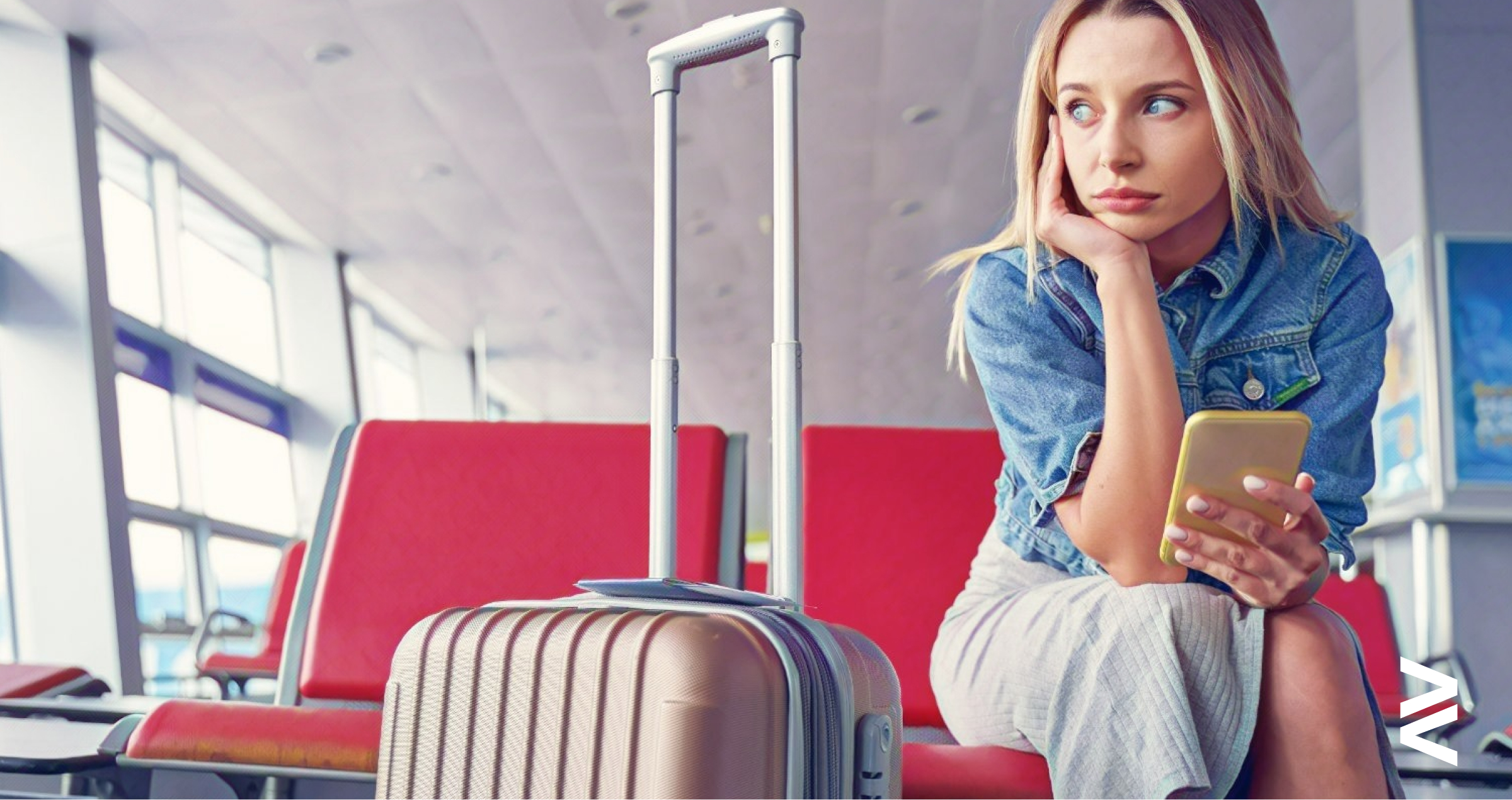$(function() {
$('inputfield').on('keypress', function(e){
if(e.keyCode == '13'){
// enter pressed
e.preventDefault();
$('.search-button').trigger('click');
}
});
});

The summer travel season is limping to the finish line, as consumers have grown increasingly wary of spending on travel over the past several months, according to a new study from Attain.
A third (34 percent) of travelers have decreased their travel spending over the past month. Half of all travelers have kept their travel spending the same, while only 16 percent of survey respondents reported an increase in travel spending.
.png)
The report comes amid a number of troubling signs for the economy, including a lackluster jobs report, an increase in inflation and a sudden drop in consumer confidence.
The unemployment rate increased to 4.2 percent in July, according to the latest jobs report from the Bureau of Labor Statistics. The report also revised its numbers for May and June, showing substantially weaker job creation for those two months than previously reported — a revision that prompted President Trump to fire the head of BLS.
Inflation increased only slightly in July — just 0.2 percent — but airline fares shot up 4 percent, a significant increase relative to the overall inflation rate.
These factors would explain why the consumer sentiment index, which measures consumers’ overall confidence in the economy, and often correlates to their willingness to spend on goods and services, dropped five percentage points in August, its first decrease in four months.
Indeed, Attain found that income stability (or perhaps, the lack thereof) is the primary factor influencing consumers’ spending decisions.

This might be why spending on travel has been down for much of 2025.
The households that do travel and are being budget-conscious about where and how they travel, the Attain data show. Price is the most important factor in consumers’ travel decisions, with 63 percent of Attain respondents saying it’s the primary influence on where they travel. Price is even more important than the travel destination.
For years, the U.S. economy has been in a so-called “vibecession,” where consumers expressed apprehension about the state of the economy but continued spending anyway. But it now appears that people’s spending is coming in line with their economic outlooks, and that outlook is a cautious one.
In travel, for instance, it’s likely that travel spending will remain muted. When asked about their travel plans for the next three months, three-quarters (77 percent) respondents reported planning to travel the same or less than they currently are. Only 23 percent plan to up their travel spending.